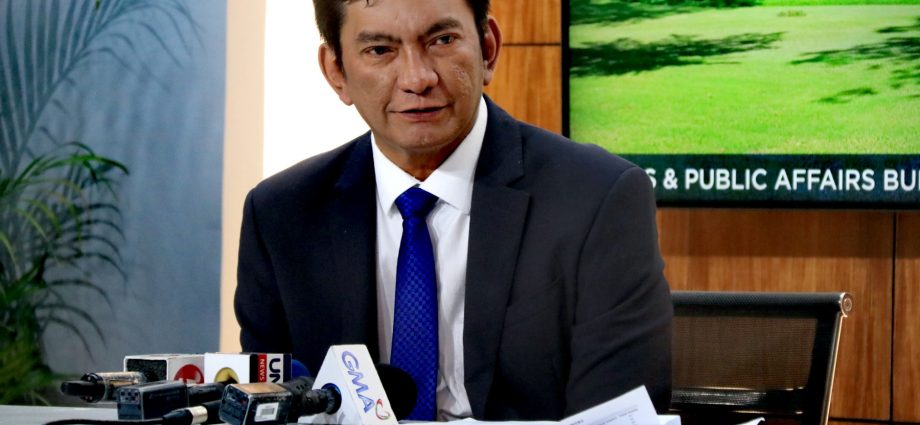House Ways and Means committee chairperson Albay Rep. Joey Sarte Salceda has asked the House leadership to act urgently on House Bill No. 7578 or the Philhealth Reform Act.
The bill is an extensive House counterpart bill to Senate Bill No. 1829, which was approved in principle by the Committee on Health.
The Senate version replaces the Secretary of Health with the Secretary of Finance as chair of the Philhealth board, which Salceda’s bill also carries.
In an urgent aide memoire to the Speaker Lord Allan Velasco and Majority Leader Martin Romualdez, Salceda asked the House “to identify as an urgent priority of the House the approval of the Philhealth Reform Act (House Bill No. 7578).”
“This is an opportunity for the House of Representatives to demonstrate its commitment to the transparency and accountability in governance that President Duterte calls upon us to uphold,” Salceda wrote.
House version is backed by a comprehensive study
On September 1, 2020, Salceda issued a comprehensive report titled “A Prognosis and Treatment Program for Philhealth: Notes on The Country’s State Health Insurer.” The report is the basis for Salceda’s subsequently filed reform proposal.
The report identified that although corruption indeed runs deep in the institution, many of the agency’s proposal arise out of design and structure.
“We identified the lack of adequate financial expertise in its top management as a key reason for its financial troubles. In the resulting bill that incorporates the recommendations of the report (House Bill No. 7578), we propose to amend the Philhealth charter by having the Philhealth board chaired by the Secretary of Finance,” Salceda wrote, referring to his widely reported study.
The following are the key features of House Bill No. 7578:
1. Reforms the Philhealth governance structure and makes the Secretary of Finance Chair of the Board;
2. Makes the contribution scheme more progressive, potentially saving working minimum-wage families thousands of pesos annually, and effectively exempting OFWs from paying premiums;
3. Reforms reserve fund management, making the Bureau of Treasury the fund manager of the investment reserve fund, accumulating net income into the reserve fund, and removing the two-year ceiling in fund life, to ensure that the health insurance system can withstand demand shocks such as pandemics;
4. Mandates the creation of the national health database of all claims and benefits requested from and granted by the Philhealth. This will also follow the one-patient, one-record principle; and
5. Requires independent audit of the Philhealth, apart from those conducted by the Commission on Audit, and mandates the Philhealth President to report to the President of the Philippines and to Congress measures taken to address adverse audit findings.
Salceda is also part of the five-member special committee on red tape, which is also expected to take up issues on the administration of Philhealth benefits.

